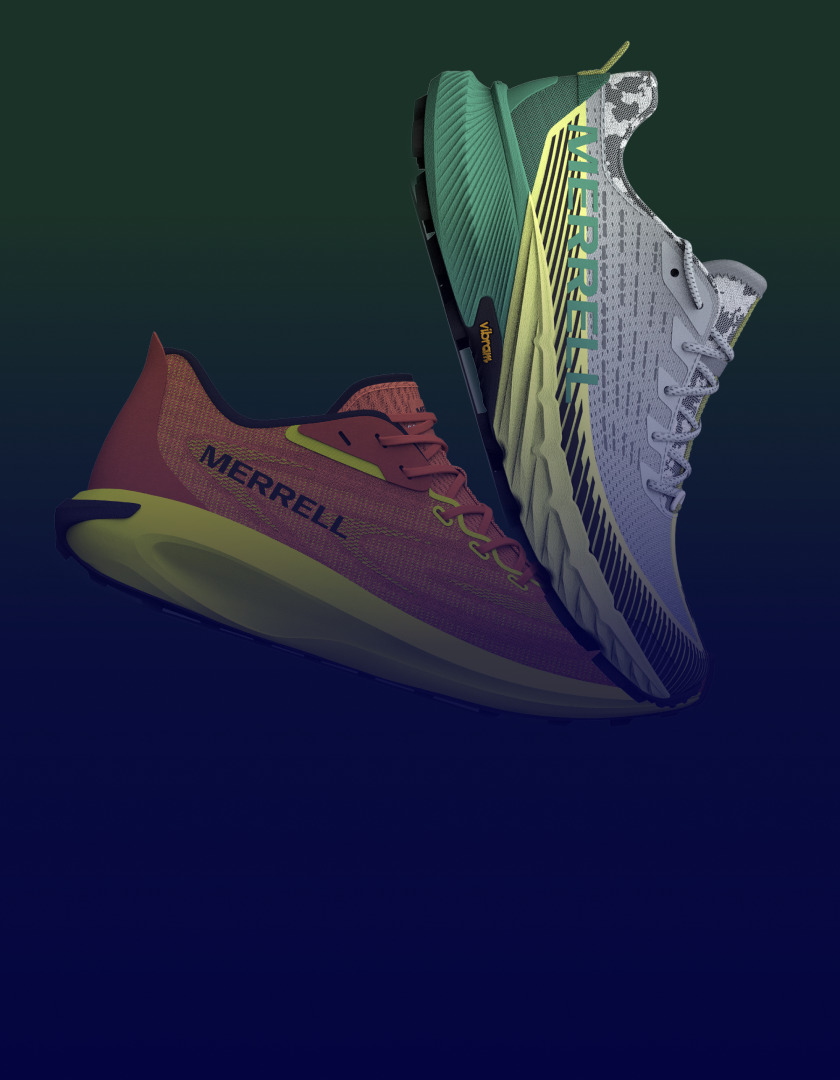What is PLM (Product Lifecycle Management) Software?

For modern brands and retailers, managing a product’s lifecycle from inception through design, manufacturing and sustainable disposal is crucial for staying competitive and innovative.
This is where product lifecycle management (PLM) software comes into play, by supporting one centralized platform to manage product-related information and stages, from product concept to commercialization. For fashion brands and retailers, PLM software provides significant benefits in promoting eco-friendly and ethical business practices by offering a “single source of truth” that can transform how fashion retailers approach product development.
What is Product Lifecycle Management?
Product lifecycle management, better known as PLM, is the process of overseeing a product’s journey from initial idea and development to sales and eventual product retirement. By streamlining production, reducing errors and enhancing team collaboration, PLM software saves teams time and significantly reduces a products cost. This makes it an essential component for fashion brands worldwide, allowing them to operate more efficiently and profitably.
From the initial concept and design phase through manufacturing and production, PLM integrates people, processes, business systems and information. By leveraging one central platform, retail brands can bring their products to market faster and more aligned with eco-conscious consumer preferences.
Lifecycle Stages of PLM Software
PLM includes all stages of product development, including:
- Concept and design: ideation, feasibility studies and design iterations with a focus on sustainable materials and processes.
- Development and manufacturing: Prototyping, production planning and execution with minimal waste and efficient resource use.
- Service and support: After-sales service, maintenance and customer feedback to improve product longevity and reduce waste.
- End of season: Disposal, recycling and obsolescence management to ensure environmentally responsible practices.
These stages allow for PLM software to support product development in unique ways that correspond to their current lifecycle phase.
Why PLM is Important
A PLM system offers numerous benefits that are critical to the success of fashion brands and retailers. Having the right PLM tools in place can empower businesses to:
- reduce the time it takes for products to get to market
- improve collaboration across teams, departments and product stages
- streamline product development processes
- increase product quality and compliance
- strengthen profit margins and reduce costly production errors
Reducing Time-to-Market
With improved collaboration and streamlined processes, sustainable fashion brands can quickly bring eco-friendly products to market. This competitive advantage can be the difference between leading the market and playing catch-up.
Collaborating Across Teams
A PLM system provides a centralized platform where teams can collaborate seamlessly, regardless of geographical location. This enhances communication and ensures everyone works with the most up-to-date information, crucial for maintaining sustainable practices throughout the supply chain.
Streamlining Product Development
By standardizing processes and automating routine tasks, PLM tools assist in streamlining product development. This leads to faster development cycles and more efficient use of resources, reducing environmental impact.
Improving Product Quality and Compliance
PLM software allows retailers to maintain high product quality standards and ensures compliance with industry regulations, including sustainable and ethical guidelines. This reduces the risk of costly recalls and legal issues while promoting consumer trust in sustainable fashion brands.
Optimizing Margins and Reducing Costs
A PLM system can lead to significant cost savings by optimizing resource use and reducing inefficiencies. This includes reduced material waste, lower labor costs and more efficient supply chain management, all of which are critical for retail brands.
Common PLM Challenges
Implementing a PLM system can often be a challenging project. Many times companies face obstacles such as resistance to change, integration concerns and the complexity of managing vast amounts of data.
Common PLM software challenges may include:
- Integration with existing systems: Ensuring the PLM software seamlessly integrates with other enterprise systems such as ERP, CRM and SCM can be time-consuming.
- Data migration: Migrating existing data from legacy systems to a new PLM platform can be challenging, requiring careful planning to ensure data integrity.
- User adoption and training: Gaining user acceptance and providing adequate training for new systems can be difficult. Users may resist change or struggle to adapt to new processes and interfaces.
- Customization needs: Finding a PLM solution that fits perfectly without extensive customization can be challenging. Over-customization can also lead to increased costs and complexity.
- Scalability issues: Ensuring the PLM system can scale with the business as it grows is crucial. Some solutions may not effectively handle increased data volume or additional users over time.
Successful PLM Software Implementation
To overcome these challenges, it is essential to:
- Gain executive support: Ensure that top management is committed to the PLM initiative.
- Choose the right PLM solution: Select a PLM system that fits the specific needs and can scale with business demands.
- Invest in training: Provide comprehensive training to all users to ensure they are comfortable with the new system.
- Focus on data quality: Maintain high standards for data accuracy and consistency.
Benefits of PLM Software
PLM software addresses many of the challenges mentioned above through its core features and tools, making it easy for retailers to manage their product development processes in one place.
Centralized Data Management
A single source of truth for all product-related information ensures that teams always have access to the latest data, crucial for maintaining sustainability standards.
Product Design and Development Tools
Advanced design tools support the creation and refinement of sustainable product designs, from initial concept to final product.
Workflow and Project Management
Automated workflows and project management capabilities streamline the execution of tasks and enhance coordination among team members, ensuring sustainable practices are followed.
Compliance and Regulatory Management
PLM software allows companies to easily comply with industry regulations, including sustainable and ethical guidelines, reducing the risk of legal issues and fines.
Reporting and Analytics
Powerful reporting and analytics tools provide insights into product performance and process efficiency, enabling data-driven decision-making to improve sustainability efforts.
Choosing the Right PLM Software
For today’s brands and retailers, selecting the right PLM software is crucial for reaping its benefits. Thankfully, Centric Software® offers the leading PLM solution tailored to the needs of the fashion and retail industries. With a focus on user-friendly design, comprehensive functionality and seamless integration capabilities, Centric PLM supports fashion brands to innovate and stay competitive in today’s dynamic market.
Industries Using Centric PLM Software
Traditionally, brands and retailers have been the largest adopters of Centric PLM. However, many other industries have now adopted our system as they manage similar product information and want to streamline operations by digitally transforming their business processes.
Centric’s cloud-based PLM has evolved far beyond fashion and retail, empowering businesses across multiple industries to reimagine their product development and operational processes.
Featuring a highly configurable, user-friendly interface and agile deployment for the fastest time to value, Centric PLM delivers unmatched flexibility and scalability for modern enterprises. With robust, SaaS-based functionality and powerful mobile solutions, teams can collaborate seamlessly, access real-time data anywhere and drive innovation at every stage of the product lifecycle.








